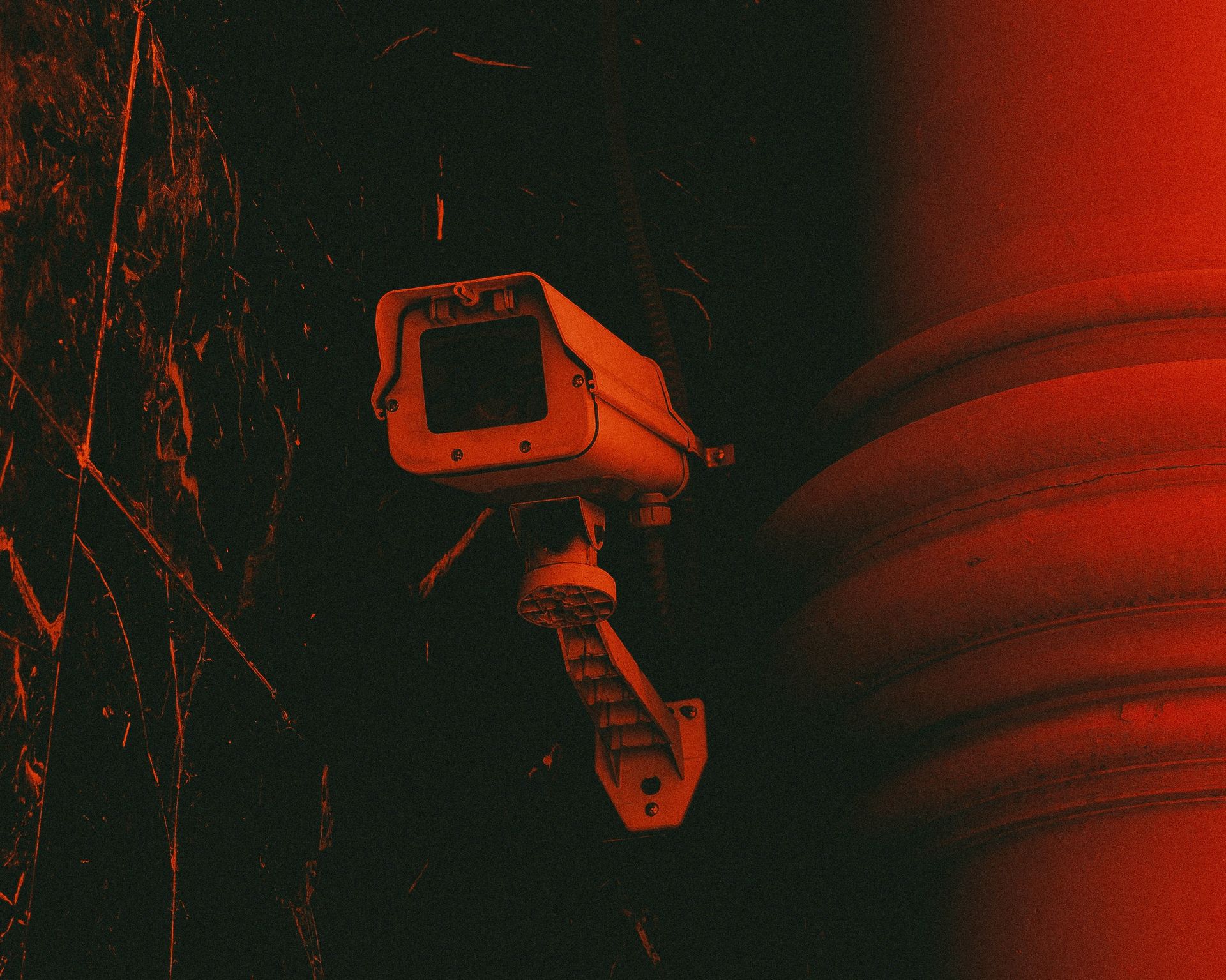The US House of Representatives recently passed a reauthorization act for FISA Section 702.
This act, which allows the government to collect communications of non-US citizens located outside the country, has been a source of debate for years.
Let’s break down what this means.
What is FISA 702?
The Foreign Intelligence Surveillance Act (FISA) was established in 1978 to create a legal framework for government surveillance of foreign targets. Section 702 is a specific part of FISA that authorizes the collection of “foreign intelligence information” without a warrant.
This information can include:
- E-mails
- chats
- Phone calls
- Other communications
Here’s the twist: While the targets are supposed to be non-US citizens outside the country, Americans can sometimes be caught in the net. This happens if they communicate with someone the government is monitoring.
Reauthorization of FISA Section 702 with a Side of Controversy
The recent reauthorization of FISA Section 702 wasn’t exactly smooth sailing. There were concerns from both sides of the aisle.
Some lawmakers argued that the act allows for warrantless surveillance of American citizens, which goes against the Fourth Amendment‘s protection against unreasonable searches and seizures. They proposed amendments to require warrants for collecting US citizen data, but these amendments failed to pass.
On the other hand, some lawmakers felt the reauthorization wasn’t strong enough. They wanted stricter limits on how the collected information could be used and shared.
In the end, the reauthorization act passed with bipartisan support, despite the controversy. However, the debate over FISA Section 702 is likely to continue.

The balancing reauthorization act
The reauthorization of FISA Section 702 highlights the ongoing struggle between national security and individual privacy.
Proponents of the act argue that it’s a vital tool for gathering intelligence and preventing terrorism. They say that without it, the government would be blind to potential threats from foreign actors.
Opponents argue that the act gives the government too much power and chills free speech. They worry that Americans might be hesitant to communicate freely online if they fear their conversations are being monitored.
Looking ahead
The reauthorization act extends FISA Section 702 for a certain period (the exact length can vary depending on the specific act). This means the debate will likely resurface when it’s time for another reauthorization vote.
Lawmakers will have to grapple with the same questions: How can they ensure national security while protecting the privacy rights of American citizens? Technological advancements and ever-changing threats add another layer of complexity to the discussion.
Finding the right balance between security and privacy will be crucial in the years to come.
Featured image credit: Possessed Photography/Unsplash





